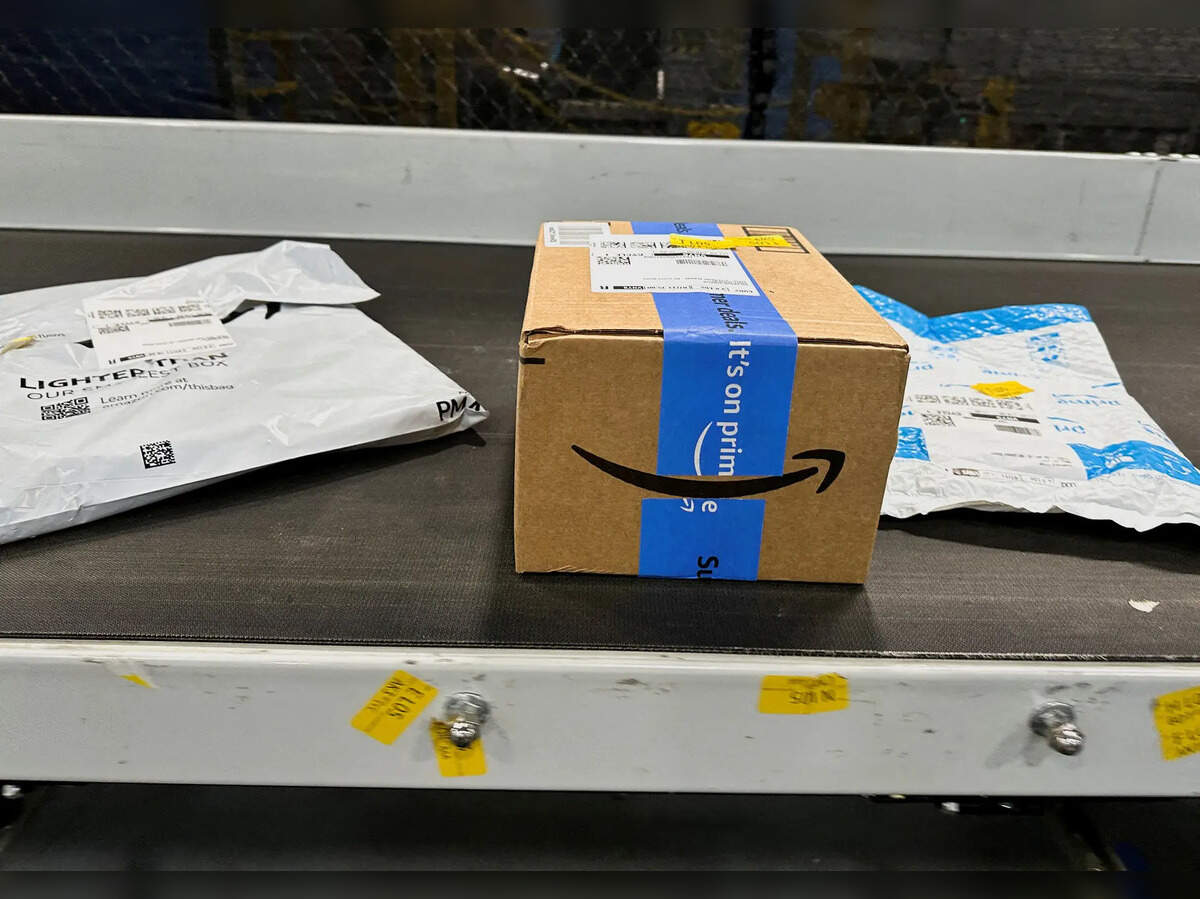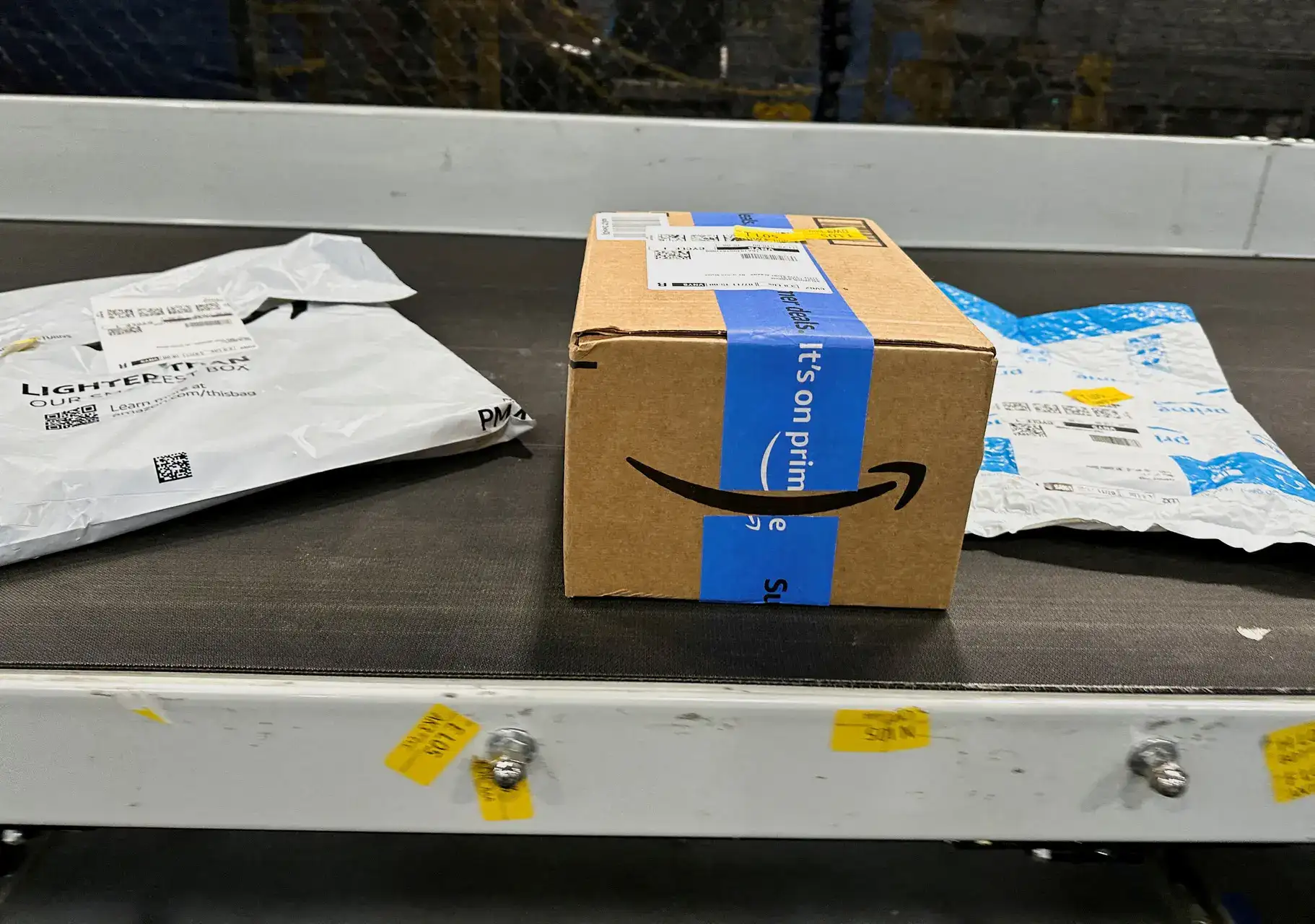For Amazon, Prime Day serves as an important mid-year sales boost ahead of the three-month-long festive shopping season from September to November. It also acts as a pulse indicator for these sales, helping brands and marketplaces estimate potential sales volumes during the festive season, which accounts for nearly half of the annual gross merchandise value (GMV) for online retailers.
The trends assume particular significance given the overall sluggishness in ecommerce and increasing customer preference for rapid deliveries.
Gopal Kolli, founder and chief executive of home and kitchen products brand Solara, said that on the first day, the company saw a five- to sixfold increase over business as usual and that it doubled sales from last year’s Prime Day. “With all the quick commerce, we weren’t sure how it would perform, but it surprisingly did very well. Another surprising and good thing is that generally, when Amazon sales happen, our website traffic goes down. But this time, our website traffic is actually up compared to regular days. I think that reflects overall strong consumer demand this time around,” Kolli said.
According to a Bain & Company-Flipkart report, India’s ecommerce sector is estimated to have grown by 10–12% in 2024, down from over 20% in previous years.
A founder of a new-age footwear brand, however, said that discounts were similar to last year’s Prime Day, adding that this period is often used by some brands to clear out inventory ahead of the upcoming festive season sales.
“We’ve witnessed a fourfold growth in sales compared to the same period last year. The majority of the demand continues to come from metro cities. Given the performance so far, we’re optimistic about the last day as well. We expect to sustain similar growth levels,” said Mohit Jain, founder and chief executive of fashion handbag and accessories brand Miraggio.
Sector analysts ET spoke with said that the first day of the three-day event (July 12–14) registered better sales than last year’s first day.
“Across categories, we’re seeing almost a two- to threefold increase in both traffic and order volumes. It’s mostly a discount- or deals-driven sale,” said Satish Meena, adviser at ecommerce consultancy Datum Intelligence. However, according to him, the smartphone category has underperformed relative to other segments. “The smartphone segment has not been that great. It reflects the market itself, which is also down. There was a slight jump in this category, but not as significant as in others,” Meena said.
Last month, Counterpoint Research revised its global smartphone shipment growth projection for 2025 to 1.9%, lower than its previous forecast of 4.2%, citing a tariffs-driven slowdown in global trade.
Amazon did not respond to queries.
Last month, Amazon India added five fulfilment centres to its network ahead of Prime Day, in cities like Indore, Bhubaneswar, Kochi, and Rajpura.
According to Anurag Kedia, cofounder of personal care brand Pilgrim, daily orders have surged by 150%, with strong traction significantly surpassing the brand’s 2024 benchmarks. “We’re on track to deliver approximately 2X growth in Prime Day sales compared to last year. Prime Day marks the beginning of the festive sales season for the calendar year, and it has certainly started on a strong note,” he said.
The Mumbai-based brand expects a 25–30% spike on the last day, fueled by last-minute shopping and deeper visibility across channels. While metro cities continue to perform well, tier II and tier III cities now account for 50–55% of total orders, he added.
Globally, Amazon has said that Prime Day in the US (July 8–11) was its biggest ever, achieving record sales and the highest number of items sold over a four-day period. However, discounts during the event were subdued as some brands and sellers chose not to participate after being impacted by tariffs imposed by former US President Donald Trump.




